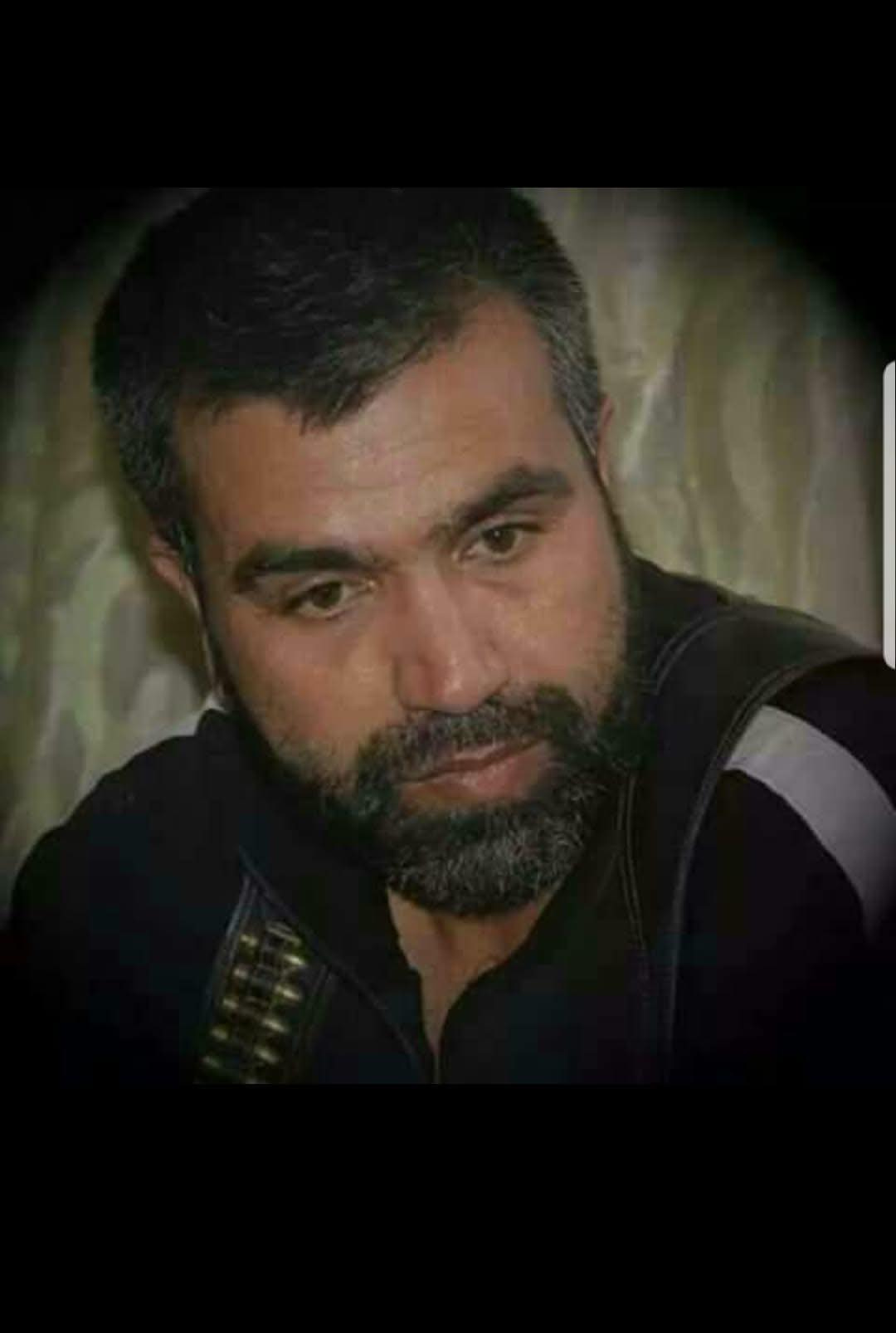The Syrian Revolutionaries Front: Interview with Jamal Maarouf
Back in early 2014 when war broke out between the Islamic State in Iraq and al-Sham (ISIS) and the other Syrian insurgent groups, the Syrian Revolutionaries Front (SRF) rose to media prominence at the time as one of the leading Western-backed ‘moderate’ groups. Led by Jamal Maarouf, the SRF played a role in removing the ISIS from the Idlib area, with the latter instead consolidating its territorial holdings around al-Raqqa city. But the SRF and Maaroud’s fame would ultimately prove short-lived, as the al-Qaeda-affiliated Jabhat al-Nusra (whose leader Ahmad al-Sharaa would subsequently become president of Syria following the collapse of the Assad regime) turned against the SRF and mostly extirpated it from northern Syria by the end of 2014.
Retrospectively, some may try to justify Jabhat al-Nusra’s move against the SRF as a necessary action against a ‘criminal’ group, but the more likely reason for why Jabhat al-Nusra, supported by some other groups, sought to dismantle the SRF was because they perceived the SRF as part of a Western-backed effort to undermine Jabhat al-Nusra and other more Islamist and Salafist groups. After all, a leading policy preference among more interventionist analysts at the time and in subsequent years was that the West should provide more support to more ‘moderate’ insurgent groups in order to ‘counterbalance’ Jabhat al-Nusra and similar groups. After dismantling the SRF, Jabhat al-Nusra similarly went after other Western-backed groups such as the Hazm Front and Division 13. Eventually, Jabhat al-Nusra’s successor Hay’at Tahrir al-Sham gained hegemony over the insurgency in the northwest by 2019, with Western policy and analyst preferences having by then largely shifted towards support for the Kurdish-led Syrian Democratic Forces and distancing from the insurgency.
Below is a recent interview I conducted with Jamal Maarouf regarding the history of the SRF, the conflict with Jabhat al-Nusra and how he views the current situation in Syria.
Jamal Maarouf


